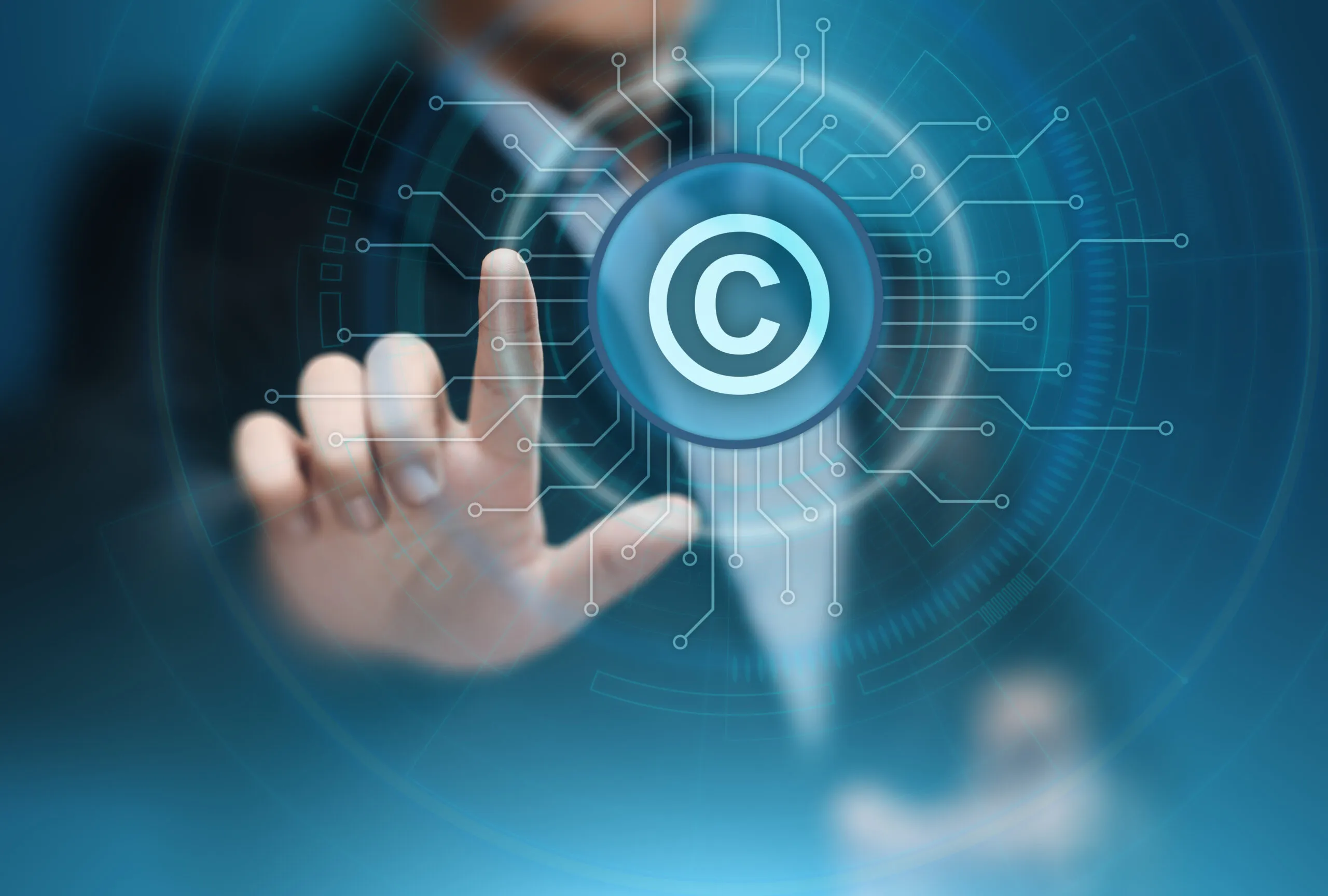No, a photograph is not a freely exploitable property!

A Rennes Court’s judgment brings a salutary clarification to the debate
In the event of unauthorized use of a photograph, recourse to copyright protection is spontaneously invoked: isn’t it natural for the author to feel that he has been robbed of something that belongs to him? However, a restrictive conception of the criterion of originality has led some courts to deny professional photographers the copyright they believed to be vested in their images (see our article https://www.photo-ip.com/en/for-a-new-approach-to-theconcept-of-originality/).
This approach would lead to an obvious injustice if the author of the photograph did not have the possibility of falling back on parasitism, which “consists, for an economic operator, in placing himself in the wake of another in order to profit unduly from his efforts and know-how, from the notoriety acquired or investments made” (Cass. Com., 28.02.2024, 22-21825). The “parasite”, the user, incurs liability and is obliged to compensate the “parasite”, the photographer, for any damage suffered.
The truth is, when it comes to the unauthorized use of a photograph, the courts use a “light parasitism” concept. This concept, which is specific to economic law, is not very well suited to the unlawful use of an identical photograph. Even if the term “parasitism” does correspond to this type of use, it must be said that it is sufficient to apply the rules governing civil liability under ordinary law (article 1240 of the French Civil Code): any fault obliges compensation for the damage suffered. There is no doubt that using the work of others without remuneration is a fault.
The judgment handed down by the Rennes Court on May 6, 2024 (22/01433) provides a salutary clarification. It ruled that “even in the absence of copyright protection, the use of a photograph without remuneration of its author may cause him a loss of earnings, constituting damage within the meaning of article 1240 of the Civil Code”.
For the judges in Rennes, a professional photographer, like any other economic player, can claim remuneration for his work. This is an obvious and useful point. A professional photograph may not be an original work, but it is nonetheless the fruit of hard work and investment. Is not taking this work, without authorization or payment, ultimately “stealing” it?
Find out more at https://www.photo-ip.com/en/etudes/protection-through-civil-liability-action/
